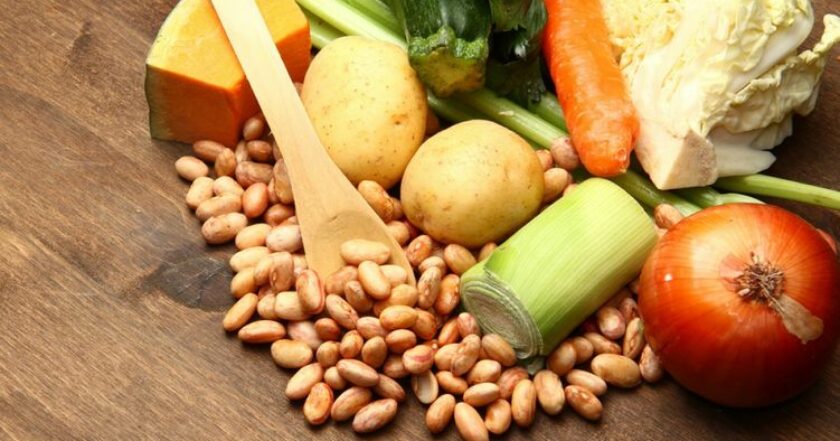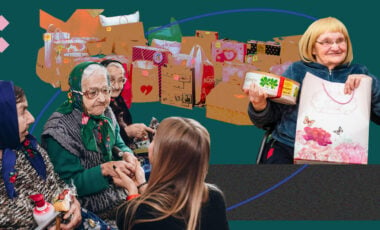How to fast in winter and not harm your immunity: 7 tips and 3 unusual recipes

Orthodox Christmas Lent begins on November 28, the last multi-day fast of the year, which will traditionally last 40 days until January 6. Rubryka collected tips on how to transform food intake without harming the body and stay healthy during a pandemic.
1. Conscious approach
Fasting is a person's spiritual vocation, desire to cleanse one's body and thoughts through food, and not to tie oneself to excessive food consumption. We know the main restrictions well: refusing meat, fish, dairy products, alcohol, and sweets in all their manifestations. How closely you follow the church fasting canons is your business, but certain restrictions usually have a positive effect on health. The key thing is not to overdo it and not to induce harm: doctors recommend listening to your body's needs, not abusing restrictions, and stopping and seeking professional help in case of ill health. It's worth mentioning that the religious aspects of fasting aren't primary. You can follow restrictions if you want to change your eating habits, which may be a really interesting experience because the attachment to a certain food disappears. We strongly discourage fasting for pregnant women, children, and students, who are intensively studying, the elderly, and persons with chronic diseases that may worsen during dietary restrictions.
This publication is available in Ukrainian and Russian. The English translation hasn’t been produced yet. Support us to make the translation faster - follow the link for instructions





















































